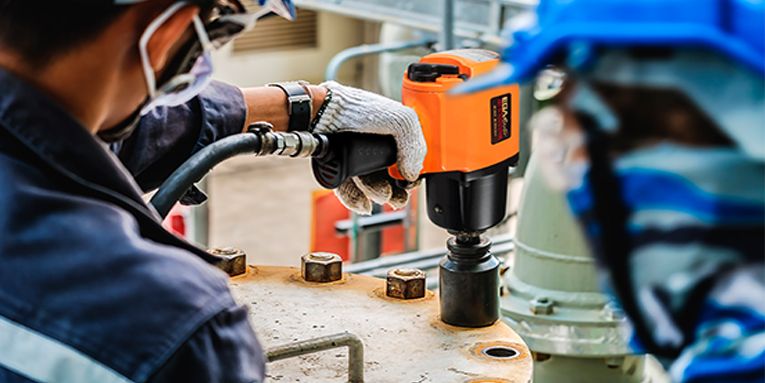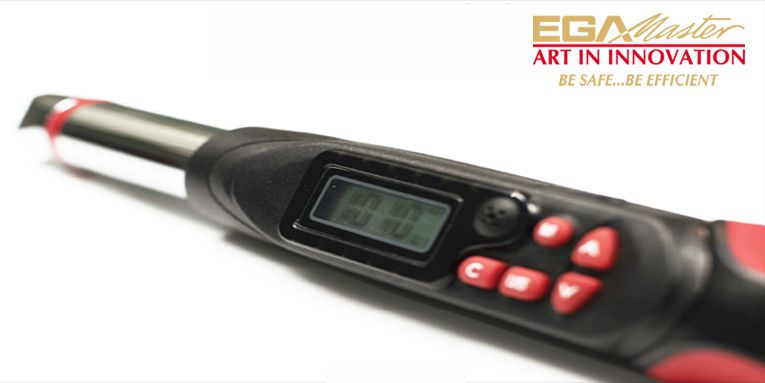Technical Support 
Technical Support
Archive
Torque Transducers in Offshore Wind: Keys to Maintenance and Efficiency
Offshore wind structures represent a fundamental pillar in the transition to renewable energy sources. However, their maintenance and the technical shutdowns necessary to ensure their operability require advanced tools that optimize safety and efficiency. In this context, torque transducers emerge as key devices in the monitoring and control of the operation of wind turbines.
Apr 1, 2025
0 comments
The Crucial Importance of Torque Control in Threaded Joints in the Aerospace Industry
The aerospace industry is one of the most demanding in terms of safety and performance. Every component of an aircraft, from engines to navigation systems, must operate accurately and reliably at all times. In this context, torque control in threaded joints rises to a position of critical importance in all phases of the aerospace industry value chain.
Sep 18, 2023
0 comments
What is torque tightening and what are its advantages and disadvantages?
Torque tightening is an indirect method of approaching the voltage limit, and therefore optimal fixation is not ensured. However, its ease, speed and reduced cost make it the most used method of controlling bolted joints.
Feb 15, 2022
0 comments
Tightening Methods and Its Physics
The optimum strength for each joint is determined by the function that it must perform, so the sizing, hardness and strength of the screws will depend on it.
Feb 9, 2022
0 comments
What is the screw tightening? Why is its control important?
To ensure proper fixation of the elements during the service time required by each application, the threaded joining elements must be carefully sized, as they must withstand high clamping forces and static and dynamic stress.
Jan 28, 2022
0 comments




